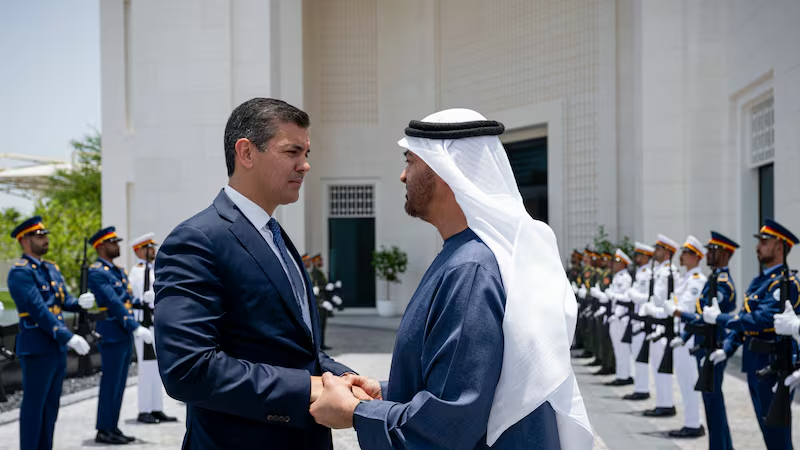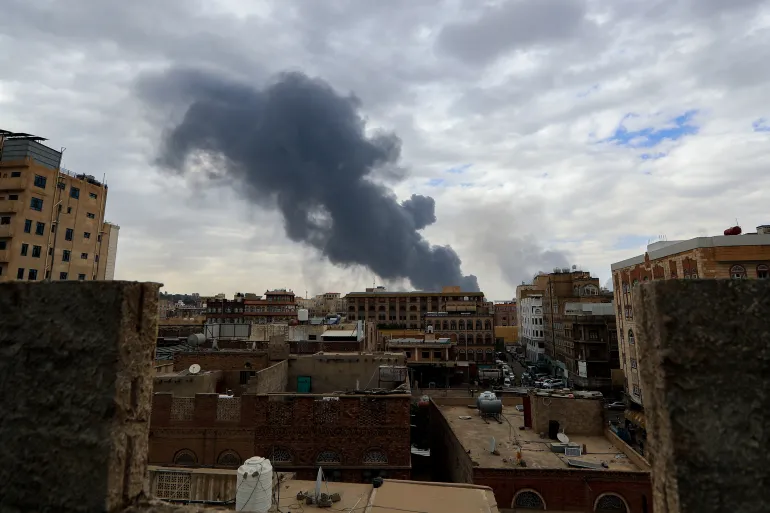China has launched a new diplomatic push by hosting leaders and senior officials from Pacific Island nations in an effort to reinforce its influence in the region. The high-level meetings, held in the Chinese city of Nadi, are aimed at strengthening cooperation in trade, development, and security — areas where Beijing is increasingly challenging Western dominance.
This latest engagement underscores China’s growing ambition to position itself as a primary partner for the Pacific, a region long influenced by Australia, New Zealand, and the United States. Beijing has already invested heavily in infrastructure projects and development aid throughout the area and is now seeking to solidify these relationships through formal diplomatic and economic agreements.
Diplomatic Overtures
Chinese Foreign Minister Wang Yi, who is leading the discussions, emphasized Beijing’s commitment to mutual development and non-interference, presenting China as a reliable and long-term partner. He urged the island nations to work jointly with China on climate change, economic recovery, and regional stability.
“The Pacific Island countries are important partners in building a community with a shared future,” Wang said, promising expanded assistance and investment.
The Chinese government has offered infrastructure grants, concessional loans, and access to China’s vast consumer market. In return, it is seeking diplomatic alignment on key international issues and access to strategic resources and shipping routes.
Strategic Concerns in the Region
China’s increased presence in the Pacific has sparked concern among Western powers, particularly Australia and the United States, who see the region as vital to their security and maritime interests. Recent Chinese moves, including a 2022 security pact with the Solomon Islands, have raised fears of potential military footholds near key shipping lanes.
In response, Australia and its allies have stepped up their own diplomatic outreach and aid programs, competing to maintain influence in a region they regard as part of their strategic backyard.
Analysts believe China’s latest initiative is part of a broader effort to counter Western containment strategies and build a coalition of supportive states across the Global South.
Pacific Island Nations’ Response
For many of the small island nations, the talks in China present an opportunity to diversify their international partnerships and secure critical economic support. These nations face severe challenges from climate change, limited infrastructure, and dependence on external trade.
Leaders from countries like Fiji, Papua New Guinea, Vanuatu, and Tonga have expressed appreciation for China’s developmental assistance, though some remain cautious about becoming overly reliant on Beijing.
Observers note that Pacific leaders are balancing their growing ties with China while maintaining traditional alliances, often leveraging both sides for better deals.
Climate and Development at the Forefront
Climate change was a central theme during the discussions, with China pledging support for renewable energy projects and climate resilience infrastructure. Pacific Island nations are among the most vulnerable to rising sea levels and extreme weather, making environmental cooperation a key priority.
China also highlighted the importance of maritime connectivity, proposing new shipping routes and digital infrastructure that would link Pacific economies more closely with Asia.
Broader Geopolitical Implications
This gathering of Pacific Island leaders in China comes amid escalating global competition between Beijing and Washington. While the United States has reasserted its Pacific presence through renewed alliances and military commitments, China is using economic tools to achieve soft-power gains.
The outcome of these meetings may signal a shift in the region’s strategic alignment, especially if new agreements emerge that favor Chinese interests in trade, investment, or security cooperation.
Conclusion
China’s outreach to Pacific Island nations represents a calculated effort to deepen diplomatic and trade ties, counter Western influence, and position itself as the region’s most dependable partner. While welcomed by many island states seeking greater international support, the move is likely to intensify geopolitical competition and reshape the balance of power in the Pacific for years to come.
Source; Al Jazeera



